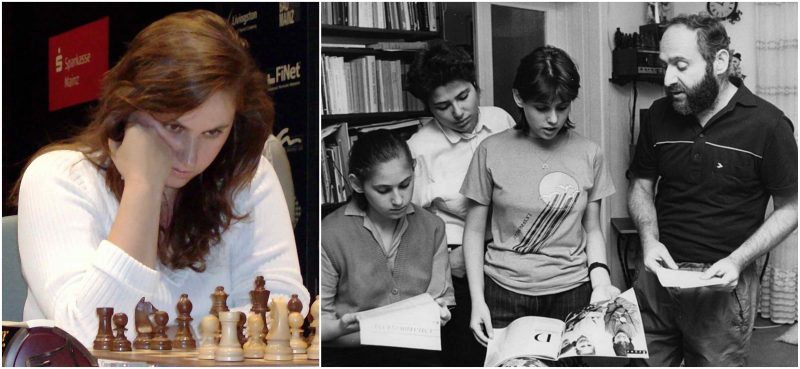Judit Polgár is universally considered the greatest female chess player of all time. At the age of twelve, she burst into the world’s top 100 and won the title of Grandmaster in 1991 when she was only fifteen. For an unbroken period of over 26 years, she was the highest-ranked female player in the world. In August 2014, Polgár retired from competitive chess: the end of an illustrious and groundbreaking career which will surely go down as one of the greatest ever in the field.
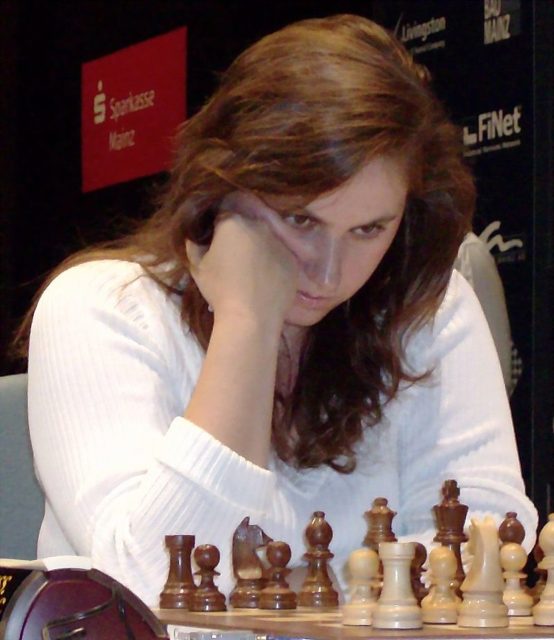
Polgár was born on 23 July 1976 in Budapest, to a Hungarian Jewish family. Polgár and her two elder sisters, Grandmaster Susan and International Master Sofia, were part of an educational experiment carried out by their father László Polgár, in an attempt to prove that children could make exceptional achievements if trained in a specialist subject from a very early age. “Geniuses are made, not born,” was László’s thesis. He and his wife Klára educated their three daughters at home, with chess as the specialist subject. László also taught his three daughters the international language Esperanto. They received resistance from Hungarian authorities as home-schooling was not a “socialist” approach. They also received criticism at the time from some western commentators for depriving the sisters of a normal childhood.
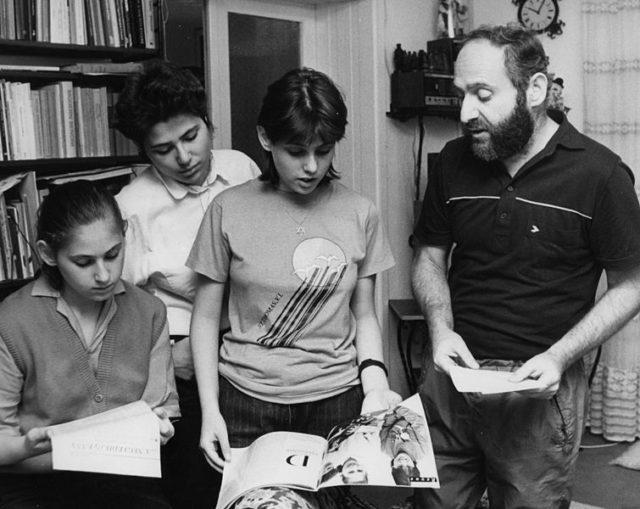
Feminism is a family thing. Traditionally, chess had been a male-dominated activity, and women were often seen as weaker players, thus advancing the idea of a Women’s World Champion. However, from the beginning, László was against the idea that his daughters had to participate in female-only events. “Women are able to achieve results similar, in fields of intellectual activities, to that of men,” he wrote. “Chess is a form of intellectual activity, so this applies to chess. Accordingly, we reject any kind of discrimination in this respect.”
This put the Polgárs in conflict with the Hungarian Chess Federation of the day, whose policy was for women to play in women-only tournaments. Polgár’s older sister, Susan, first fought the bureaucracy by playing in men’s tournaments and refusing to play in women’s tournaments. Susan Polgár, when she was a 15-year-old International Master, said in 1985 that it was due to this conflict that she had not been awarded the Grandmaster title despite having made the norm eleven times.
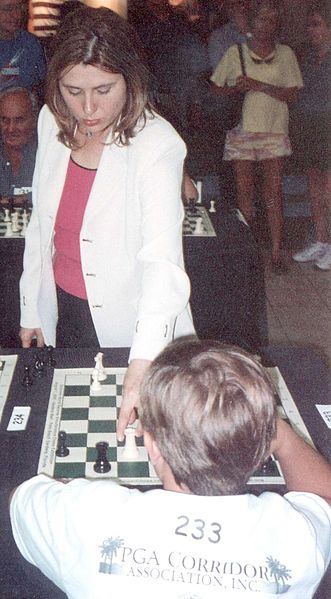
Trained in her early years by her sister Susan, who ultimately became Women’s World Champion, Judit Polgár was a prodigy from a young age. When she was five years old, she defeated a family friend without even looking at the board. After the game, the friend joked: “You are good at chess, but I’m a good cook.” Judit replied: “Do you cook without looking at the stove?” However, according to Susan, Judit was not the sister with the most talent, explaining: “Judit was a slow starter, but very hard-working.” Polgár described herself at that age as “obsessive” about chess. She first defeated an International Master, Dolfi Drimer, at age 10, and a grandmaster, Lev Gutman, at age 11.
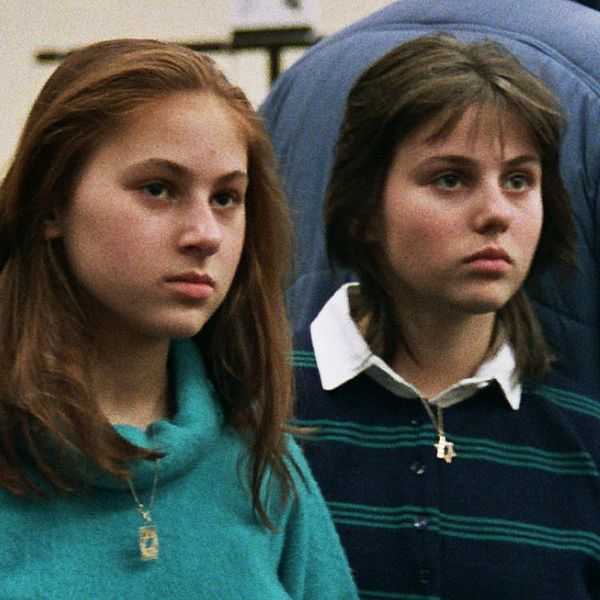
What Judit thinks of her home education is that she “grew up in a very special atmosphere,” she says. “Everything was about chess. I learned from my sisters and won my first international competition at nine years old.” Did she resent being part of her father’s experiment? “In the beginning,it was a game. My father and mother are exceptional pedagogues who can motivate and tell it from all different angles. Later, chess for me became a sport, an art, a science, everything together. I was very focused on chess and happy with that world. I was not the rebelling and going out type. I was happy that at home we were a closed circle and then we went out playing chess and saw the world. It’s a very difficult life and you have to be very careful, especially the parents, who need to know the limits of what you can and can’t do with your child. My parents spent most of their time with us; they traveled with us and were in control of what was going on. With other prodigies, it might be different. It is very fragile. But I’m happy that with me and my sisters it didn’t turn out in a bad way.”
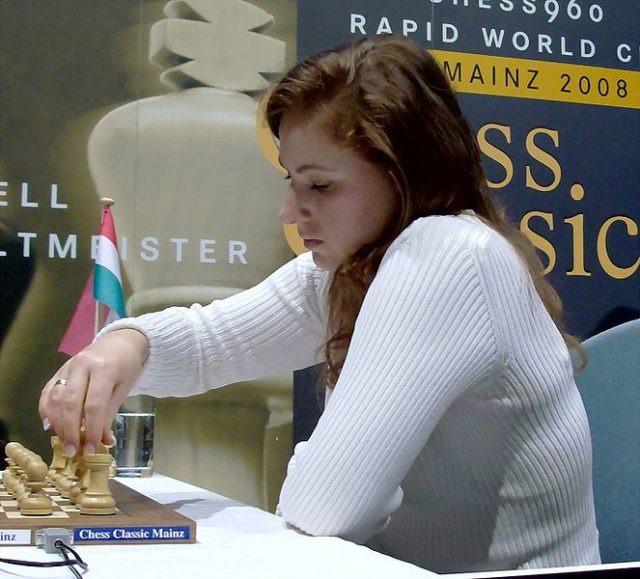
Polgár is the only woman to have won a game against a reigning world number one player, and has defeated eleven current or former world champions in either rapid or classical chess: Magnus Carlsen, Anatoly Karpov, Garry Kasparov, Vladimir Kramnik, Boris Spassky, Vasily Smyslov, Veselin Topalov, Viswanathan Anand, Ruslan Ponomariov, Alexander Khalifman, and Rustam Kasimdzhanov.
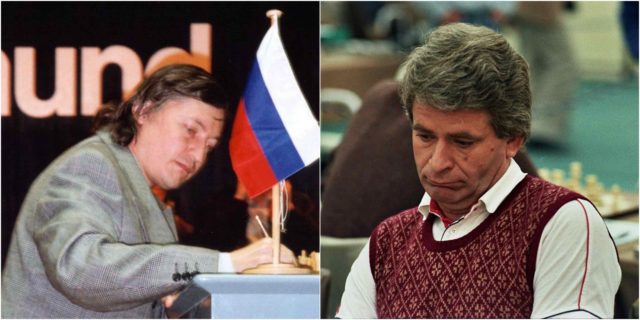
On 13 August 2014, she announced her retirement from competitive chess. In June 2015, Polgar was elected as the new captain and head coach of the Hungarian national men’s team. On 20 August 2015, she received Hungary’s highest decoration, the Grand Cross of the Order of Saint Stephen of Hungary.
